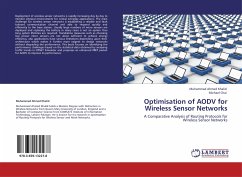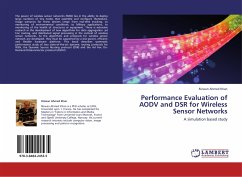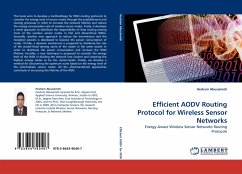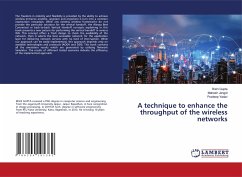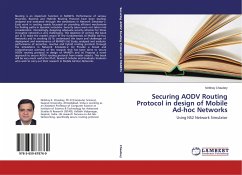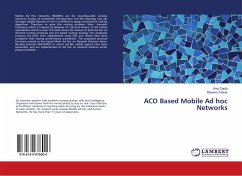Deployment of wireless sensor networks is rapidly increasing day by day to monitor physical environments for critical everyday applications. The main challenge for wireless sensor networks is establishing a reliable and fault tolerant communication channel and able to respond quickly and efficiently to the base station. Usually large numbers of micro sensors are deployed and replacing the battery in many cases is not an option thus long system lifetimes are required. Standalone measures such as choosing low power micro sensors are not alone sufficient to achieve energy efficiency, also applications have various limitations depending upon their architecture which makes it further more exigent to design networks without degrading the performance. This book focuses on identifying the performance challenges based on the statistical data obtained by analysing traffic trends in OPNET Simulator and proposes an enhanced RREP packet for AODV to improve its performance.
Bitte wählen Sie Ihr Anliegen aus.
Rechnungen
Retourenschein anfordern
Bestellstatus
Storno

